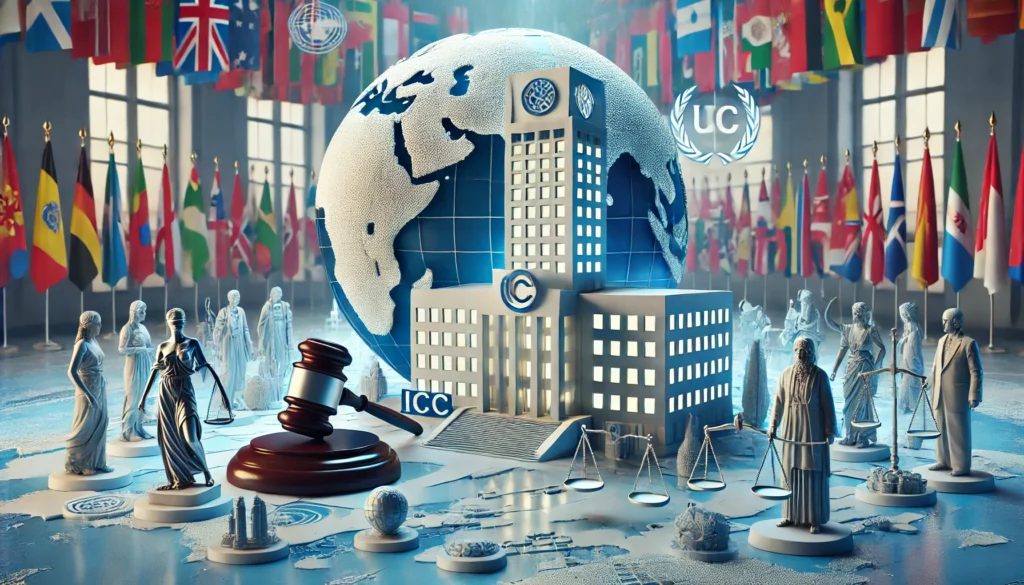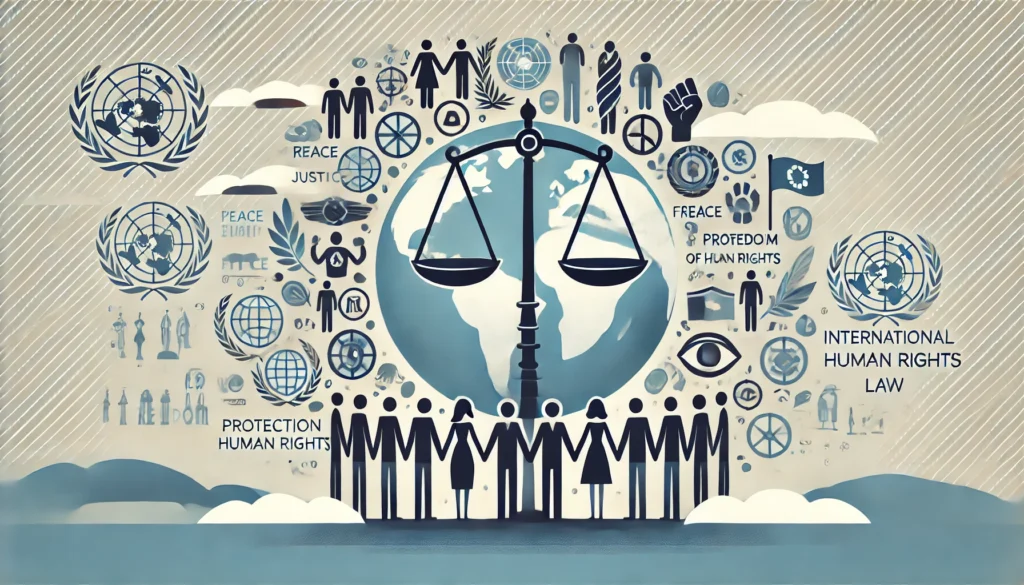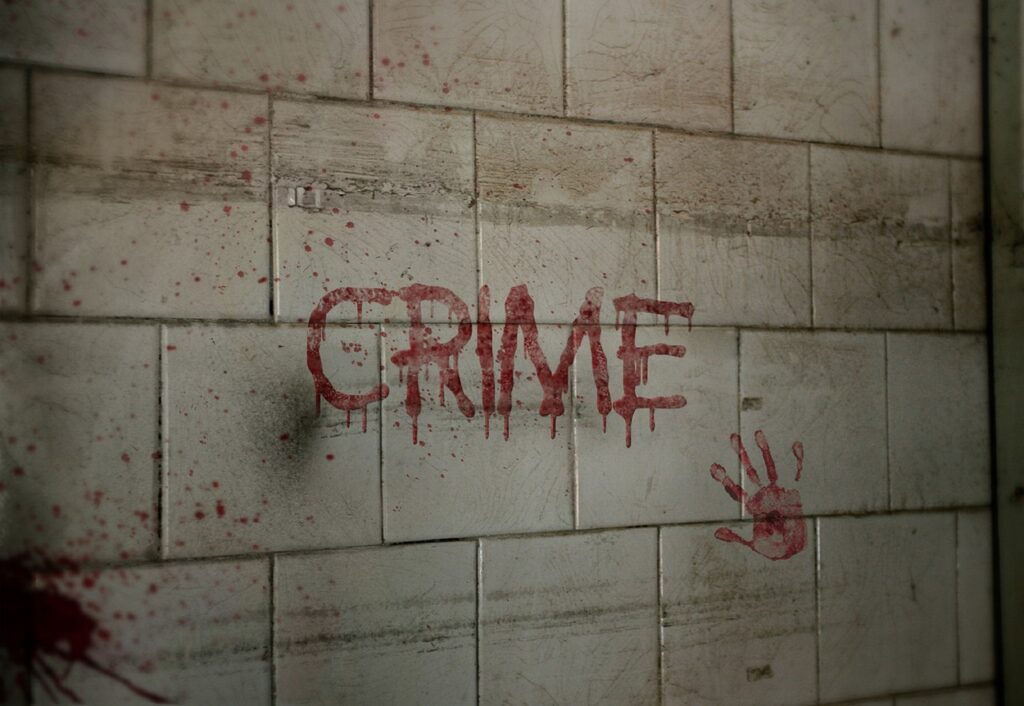Published on 31st March 2025
Authored By: Daniya Roshan Sayyed
Kanoria School of Law for Women
Abstract
Genocide remains one of the gravest crimes under international law, defined by the 1948 Convention on the Prevention and Punishment of the Crime of Genocide (Genocide Convention). Despite legal frameworks, prosecuting genocide presents significant jurisdictional challenges, including issues of state sovereignty, evidentiary burdens, and enforcement mechanisms. This article examines genocide as defined under international law, and evaluates the jurisdictional hurdles faced by international tribunals. It highlights gaps in enforcement and suggests measures to improve accountability.
Introduction
Article II of the Genocide Convention states that acts carried out with the purpose of eradicating a national, ethnic, racial, or religious group in whole or in part constitute genocide. Genocide has recurred in different forms despite its categorical condemnation, forcing international authorities to take legal and political action. There are still major jurisdictional and procedural issues even though organizations like the International Criminal Court (ICC) and ad hoc tribunals have prosecuted instances involving genocide.
In one of the first judgments of an international criminal court on the crime of genocide, in Prosecutor v. Kambanda, a Trial Chamber of the ICTR stated:
“The crime of genocide is unique because of its element of dolus specialis (special intent) which requires that the crime be committed with the intent ‘to destroy in whole or in part, a national ethnic, racial or religious group as such; hence the Chamber is of the opinion that genocide constitutes the crime of crimes, which must be taken into account when deciding the sentence.”[1]
Legal Framework
The Genocide Convention
The 1948 Genocide Convention requires state parties to prevent and punish those who commit genocide, establishing it as a crime under international law. It stipulates that anyone who commits genocide, including public servants, may face criminal charges.
International Jurisdiction
Genocide prosecutions have been started by:
- Ad hoc Tribunals: To address genocide and war crimes, the UN Security Council established the International Criminal Tribunal for Rwanda (ICTR) and the International Criminal Tribunal for the former Yugoslavia (ICTY).
- International Criminal Court (ICC): Under the Rome Statute, the ICC brings charges of genocide; nevertheless, it has restrictions, such as jurisdictional consent and state noncooperation.
- Domestic Courts: As demonstrated by instances like the Rwandan Genocidaires’ prosecution in Belgium and France, national courts have the authority to exercise universal jurisdiction.
Case Study
In December 2023, South Africa filed a case against Israel at the International Court of
Justice (ICJ), claiming that Israel’s military activities in Gaza amounted to genocide against Palestinians. South Africa has provided copious documentation to back up its assertions. Israel has denied these claims, calling them baseless. Israel is expected to answer by July 2025 in this ongoing case.
Nicaragua v. Germany (2024): Nicaragua brought a complaint against Germany before the International Court of Justice (ICJ) in March 2024, claiming that Germany’s military support for Israel was in violation of the Genocide Convention. Germany, according to Nicaragua, is involved in acts that constitute genocide in the occupied Palestinian territory. The International Court of Justice has not yet made a ruling in this case.
Genocide Claims in Sudan from 2023 to the Present: Investigations into suspected genocidal activities, especially in the Darfur region, have been prompted by the ongoing violence in Sudan. Investigations into potential war crimes and crimes against humanity during the conflict have been started by the International Criminal Court (ICC). According to reports, the Rapid Support Forces and the Sudanese Armed Forces have both been charged with committing crimes that could qualify as genocide.
The 1994 Rwandan Genocide
Over the course of 100 days, an estimated 800,000 Tutsis and moderate Hutus perished in the Rwandan genocide. To bring major offenders to justice, the ICTR was created. Although the tribunal was successful in obtaining convictions, obstacles included a lack of funding, political meddling, and the incapacity to bring charges against members of the Rwandan Patriotic Front (RPF) for alleged retaliatory atrocities.
The Genocide in Bosnia (1995)
The International Court of Justice (ICJ) and the ICTY declared the Srebrenica massacre, in which Bosnian Serb forces murdered over 8,000 Bosniak men and boys, to be genocide.
Despite the convictions of important individuals like Ratko Mladić, political division and Serbia’s unwillingness to accept governmental responsibility made it difficult to execute international law.
Jurisdictional Hurdles
State Sovereignty and Non-Cooperation
Many nations either refuse to cooperate with international tribunals or refuse to extradite people who are accused of genocide. Unless the UN Security Council refers cases, nations that are not parties to the Rome Statute are exempt from ICC jurisdiction.
Evidentiary Challenges
Since direct evidence of genocidal intent is uncommon, it is challenging to prove it. Courts depend on witness testimony and behavioral patterns, both of which are susceptible to logistical and political challenges.
Enforcement Limitations
Even when verdicts are issued, enforcement is challenging. Countries harboring convicted individuals may refuse extradition, and international arrest warrants are often disregarded.
Conclusion and Recommendations
Despite significant legal advancements, prosecuting genocide remains fraught with jurisdictional and procedural barriers. Strengthening international cooperation, enhancing the capacity of domestic courts, and reforming enforcement mechanisms are crucial steps toward accountability. The establishment of hybrid courts and expanded universal jurisdiction could further bolster efforts to combat genocide.
References
[1] Prosecutor v. Kambanda, Judgment and Sentence, ICTR-97-23-S,4 September 1998, para. 16



